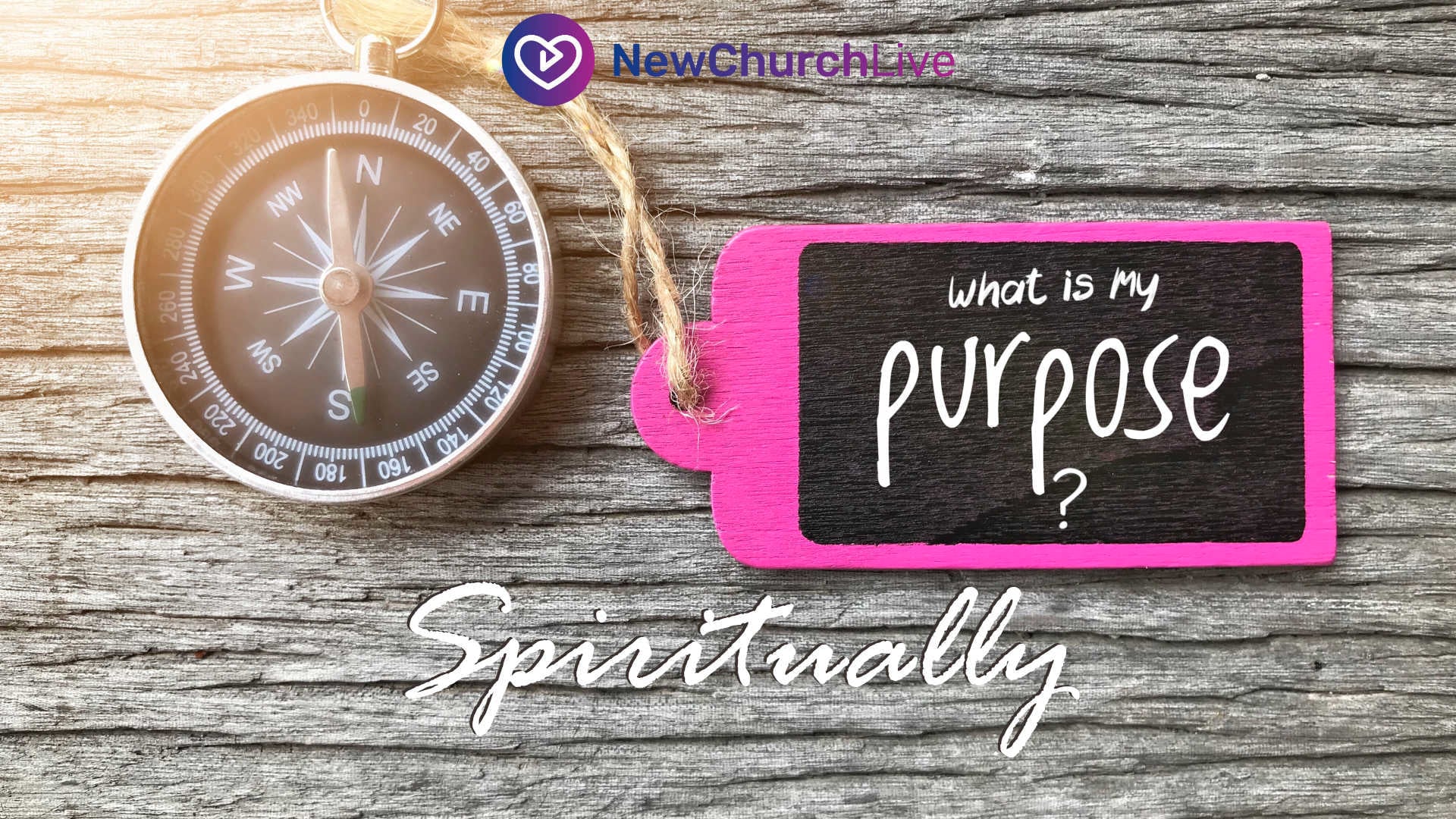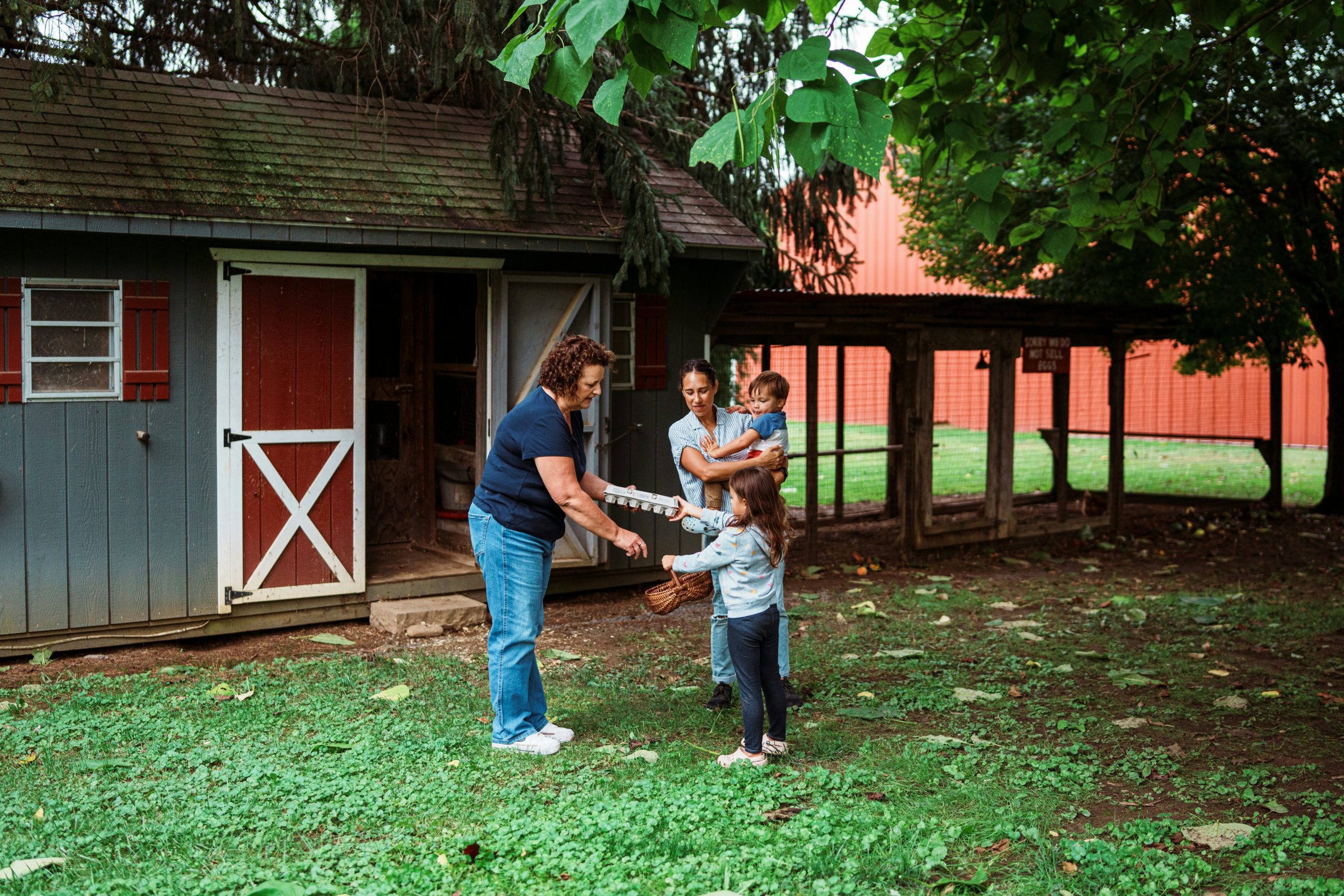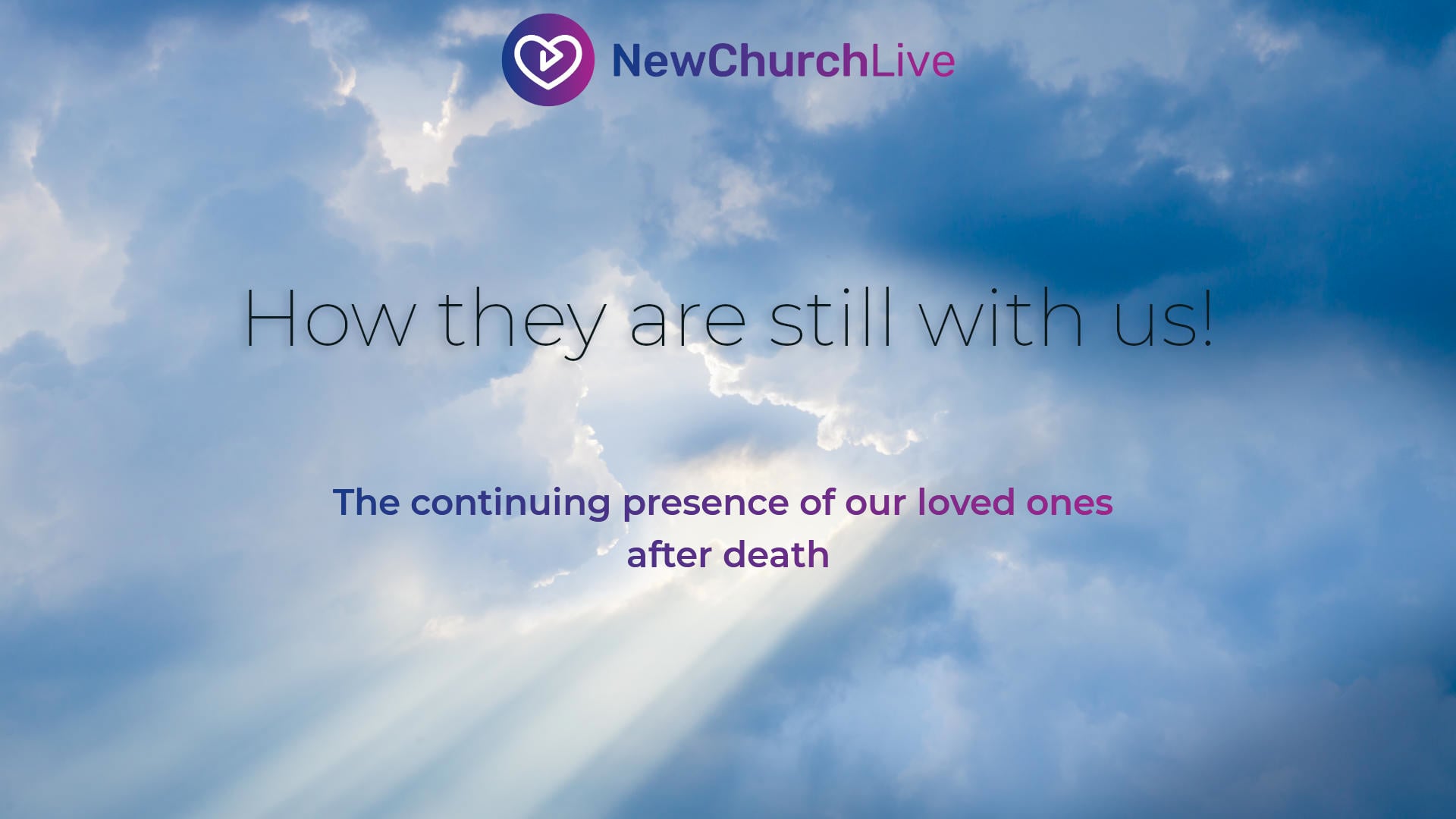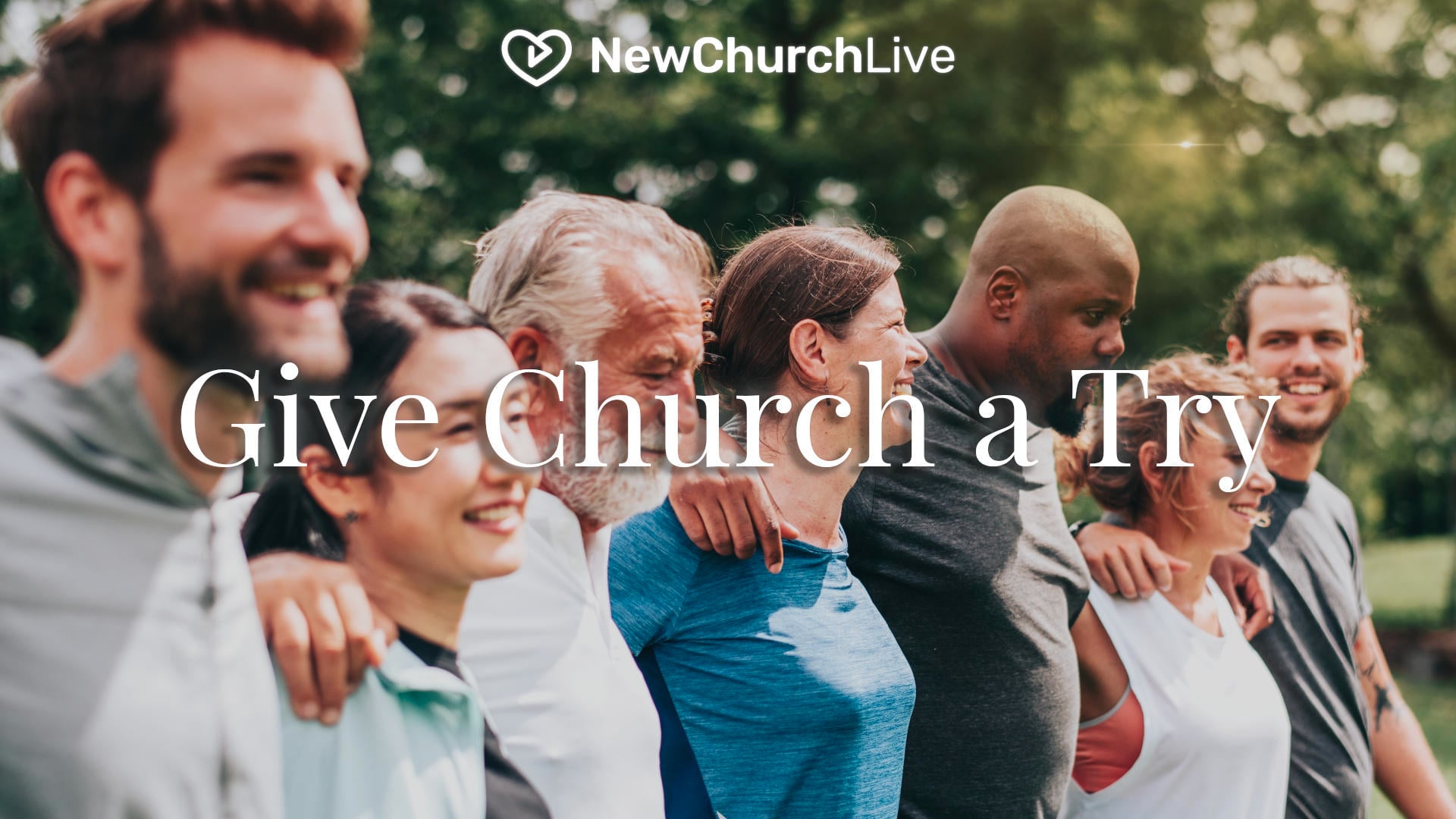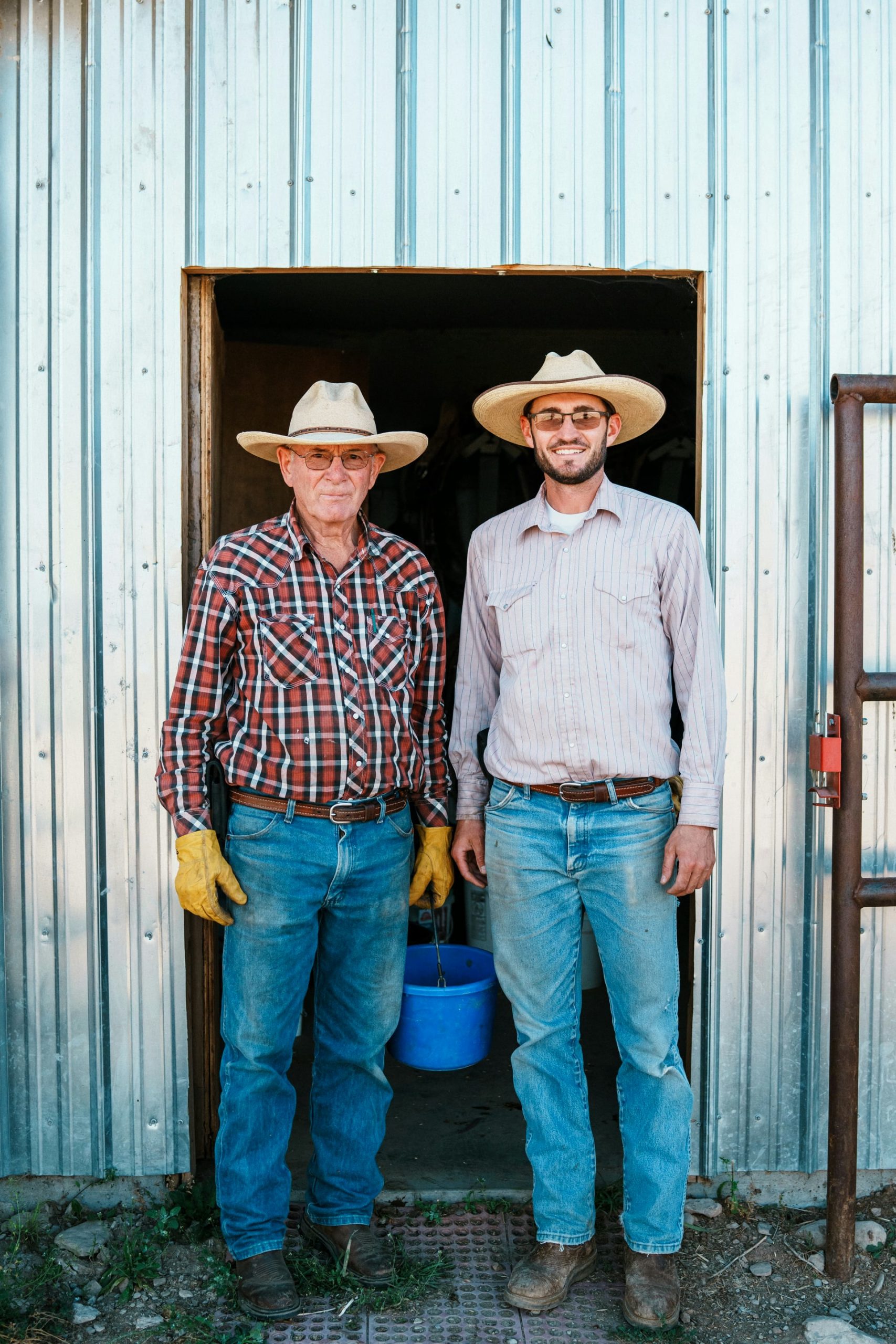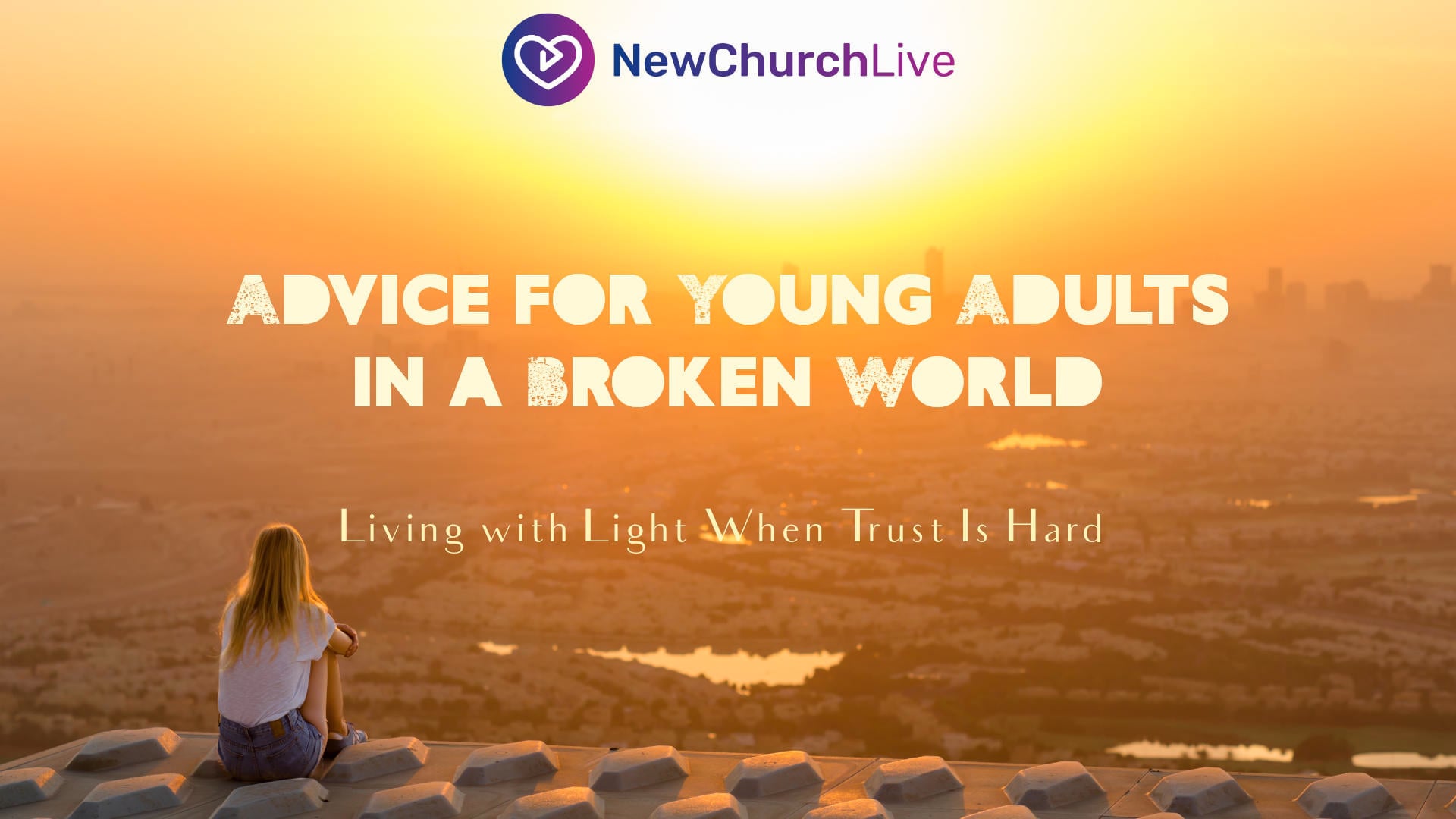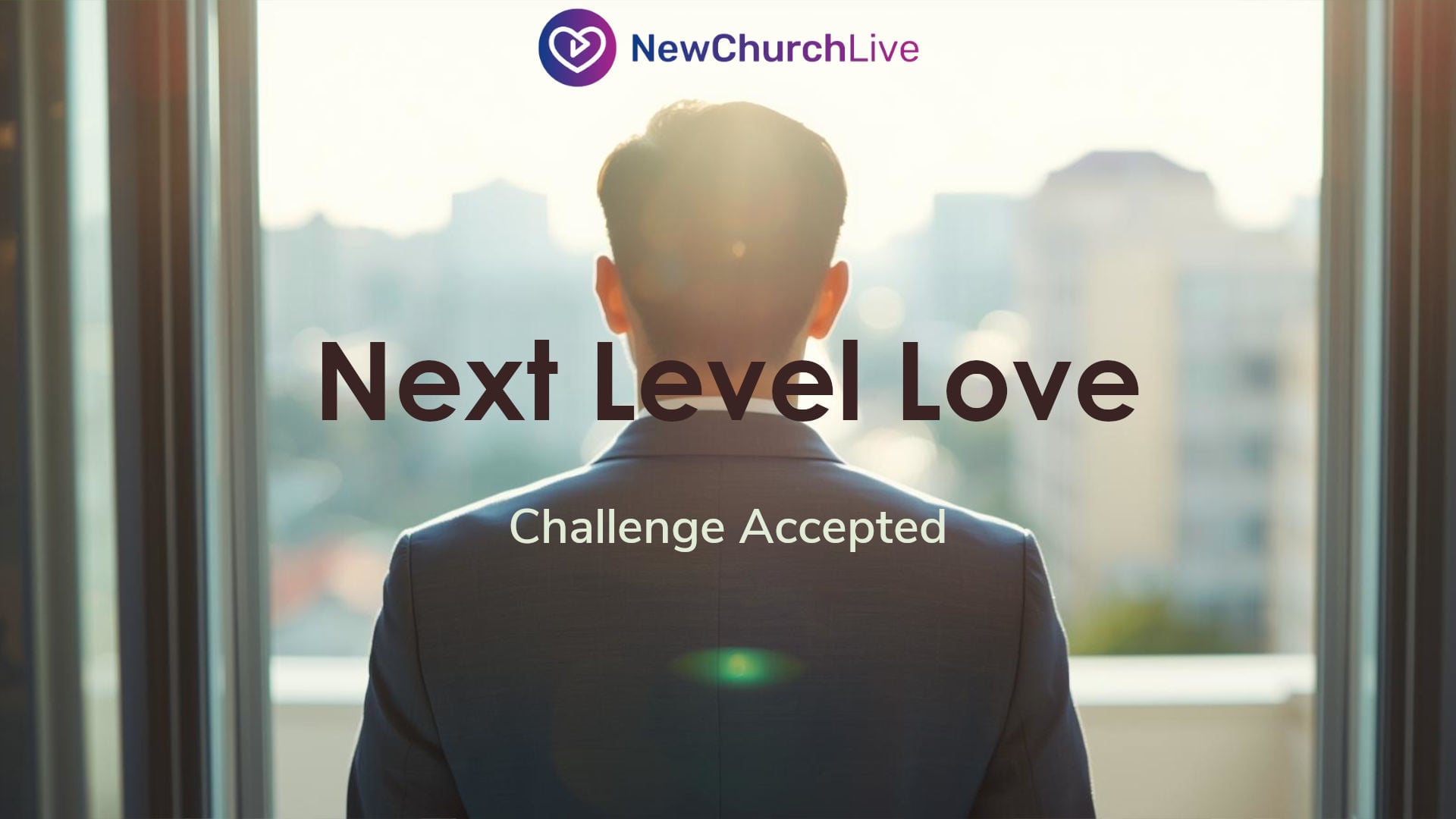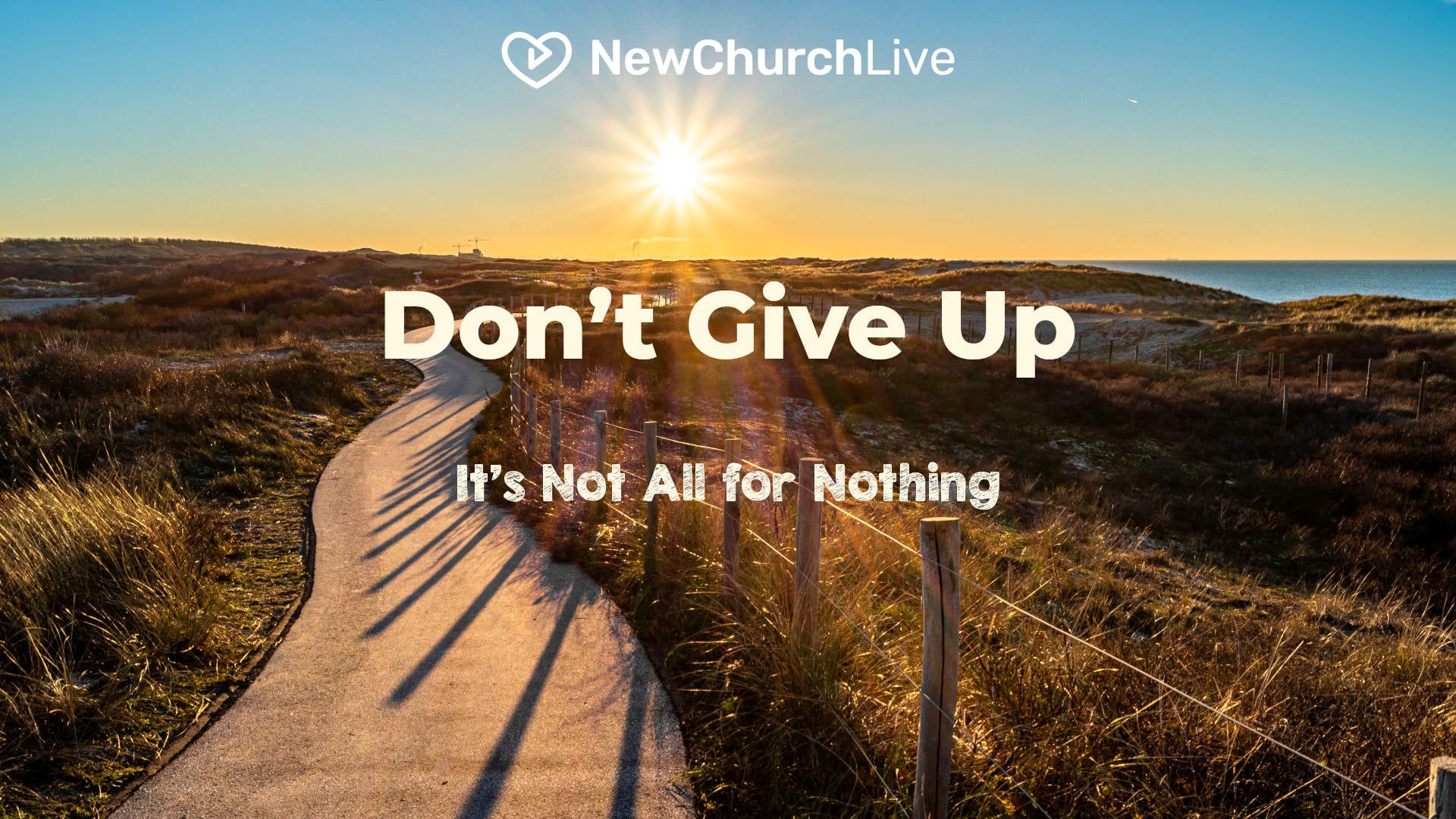As humans, we try to simplify complex things. It’s part of our desire to understand and know, even when the concept is multi-faceted. However, we must also be careful not to oversimplify at the expense of creating a full and complete understanding. For example, if we take love and commitment as complex concepts, the oversimplification gives us definitions that imply, simply, an emotion and promise. They are, however, so much more than that. And, when we understand them individually, we can also see that they are, shall we say, “married.” Their relationship is indivisible.
Quick Links
- What is Commitment?
- Types of Commitment
- Love and Commitment, Commitment and Love
- The Role of Commitment in a Spiritual Life
Table of Contents
What is Commitment?
If you look solely at the dictionary definition of commitment, it suggests that it’s an agreement to do something in the future. However, commitment is far more active than that. It is, and it requires, the present. It requires action, not just a promise, and active participation in both the present and the future.
Further, promise suggests something external, as when we make a promise to someone else, but commitment also requires the internal. We must turn inward for commitment. It requires us to reflect on what we want and what we can do. We must make a choice about our mental focus and our actions and stick to it, day in and day out. We must promise to ourselves and to others.
In that way, commitment is also about dedication because it requires us to recommit daily and stay on a dedicated path that makes our commitments a priority.
Types of Commitment
The other important aspect of commitment for us to consider is that there are many different types of commitments and while they all carry the same underlying fundamentals, they’re each a little different. When taken individually, they’re important to our lives and relationships, but collectively, our commitments can create a rich life and help us not just in finding our purpose but in leading a spiritual life.
Marriage and Commitment
When it comes to commitment, one of the first things many of us think of is marriage. In part, what makes marriage special is that, outside of certain career paths, it is one of the few commitments that asks us to stand up in front of others, and often God, to share and publicly announce that commitment.
Further, marriage is also one of the commitments that our society, and nearly every culture, codifies and, essentially, pushes us towards. In the case of marriage, it seems clear that the commitment is also about love, about completing a “circuit,” and making two separate entities whole. It’s almost as if commitment and love, much like a marriage, are singular and functioning as one unit, but more on that later!
Family commitment
While family commitment doesn’t require a public announcement like marriage, our faith as well as the structure of our culture and communities, all support our commitment to our families. From a commandment to honor our mother and father, to the ways culture and commitment keep us connected to our families, this commitment is key to our well-being. While we may not always get along or agree with our family, family commitment is the feeling that when you need it most, family shows up. This, for many people, is the genesis of the term “chosen family.”
Community Commitment
In our lives, we play many roles. We are spouses and partners, family members, we are employers and employees, and a myriad of other potential roles, given our lives and passions. We participate in, and again notice the active role, a wide variety of communities from our church to sports and hobby groups. And, much like the other commitments we make, let’s notice a few things:
- We make a choice to participate
- We make a choice to show up for others
- We cannot imagine our lives without that community (or commitment)
- Our communities are typically centered around love- for people, for places, for things/activities
Spiritual Commitment
Thus far, the commitments we’ve looked at have all involved one or more other persons. While part of your spiritual commitment may be to your church community, your spiritual commitment is an internal process. While the relationship may be between you and God, your spiritual commitment is often outwardly expressed through your behaviors, beyond going to church.
In this way, you truly embody your spirituality and your actions, reflective of your faith, demonstrate your spiritual connection and strengthen your commitment to those beliefs and values.
Commitment to Self
What is commitment to self if not also commitments to these other things? In part, that’s what it’s about because commitment to self is about knowing and living your values. It is about talking the talk and walking the walk. Know who and what are important to you and follow through on those commitments. It is the ultimate act of commitment to say to self that you will show up for your beliefs and values wholeheartedly, and in doing so, you will also show up for others.
Clearly we make a lot of commitments in our lifetime. We can commit to goals, to activities, to causes, and to others in a wide variety of ways. And yet, two of the common threads throughout is that first commitment is a choice, and second, that choice is often an act of love.
Love and Commitment, Commitment and Love
Love and commitment have a lot in common and it’s not just that they’re intricately tied in the concept of marriage. Love is often seen as a feeling, not an action (or a choice). Commitment is similar in that regard. We have a tendency to see both of these as outside ourselves and as solely energetic output.
What does that mean? When we love, when we commit, there isn’t a guarantee that we get those things back…or is there?
It’s easy to see how this plays out when another person is involved. We can, afterall, love someone who doesn’t love us back. What if instead of seeing love as the thing we give, we see it, and commitment (to being loving), as something that naturally circles back to us.
When we commit to people, we do it out of love for them, and for ourselves. When we love people, we want to commit to them as it is, in itself, an act of love. Love and commitment are more than one and the same; they help each other (and you) expand and grow.
That concept spans across all of the commitments you make from your family to yourself and your spirit.
The Role of Commitment in a Spiritual Life
A spiritual life, in so many ways, ties many of these commitments together. Spirit is about energy and a spiritual life is how we tend to that energy. That energy is love and the practice is commitment. It all comes full circle.
Further, a spiritual life is how we value and show up for the things and people who are important to us, the ones we’re committed to, the ones we love. In other words, commitment in a spiritual life isn’t just about showing up for your church community, or yourself by attending church, it’s about showing up every day, making the choice to show up, and showing up with love and kindness and the values of your faith.
Like most people, learning to love, learning to honor commitments, and learning to show up is a lifelong process. As we create and nurture relationships, develop, and join new communities, showing up for ourselves and filling our own bucket is equally important.
That means choosing communities that can meet you where you are in the journey and can contribute to the ways you seek to honor the love and commitment in your life. Whether you have been or are exploring becoming a part of the NewChurch Live community, we welcome you wherever you are in the process and journey. Reach out to us today and let’s commit, together, to a spiritual life.



